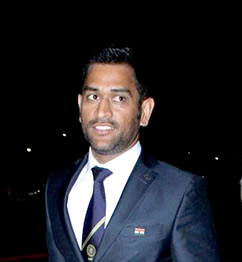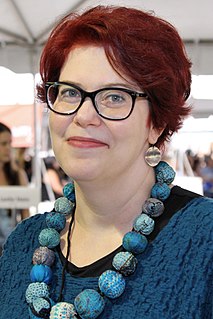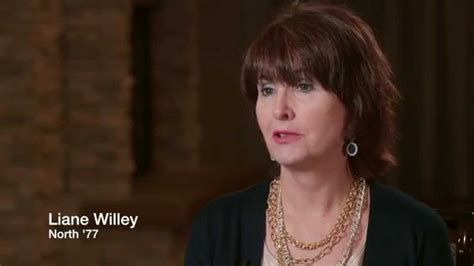A Quote by Temple Grandin
People with autism aren't interested in social chit-chat.
Quote Topics
Related Quotes
The silence between us stretched out, but it wasn't awkward. Sometimes there are people you can be quiet with, and you never feel the need to fill the gap with meaningless chit-chat. I'd only become that close to a couple people in my hometown, and I'd always thought it took years. Lucas and I were already there.
What do we know about autism in 2013? Autism symptoms generally emerge before age three and usually much earlier, often as language delays or lack of social engagement. Recent research suggests that autism can be detected during the first year of life, even before classic symptoms emerge. Indeed, the symptoms may be a late stage of autism.
I think one of the problems with the definition of autism is we keep expanding it. It started as "early infantile autism", and then it became "autism", and now it's "autism spectrum disorder". I'm not opposed to that from the standpoint of trying to broaden our vistas, and so forth. But from a research point of view, the term autism is lost in specificity.
I think that if I could do any sort of research of autism that I wanted to do, at this point I would take a sample of classic, early infantile autism persons and compare them with what I call "classic late onset autism", individuals. I think we will find that the cause of those youngsters with autism who have autism from birth is probably different than those who have late onset autism.



































